Illegal adoptions from Sri Lanka: ‘These wounds do not heal’
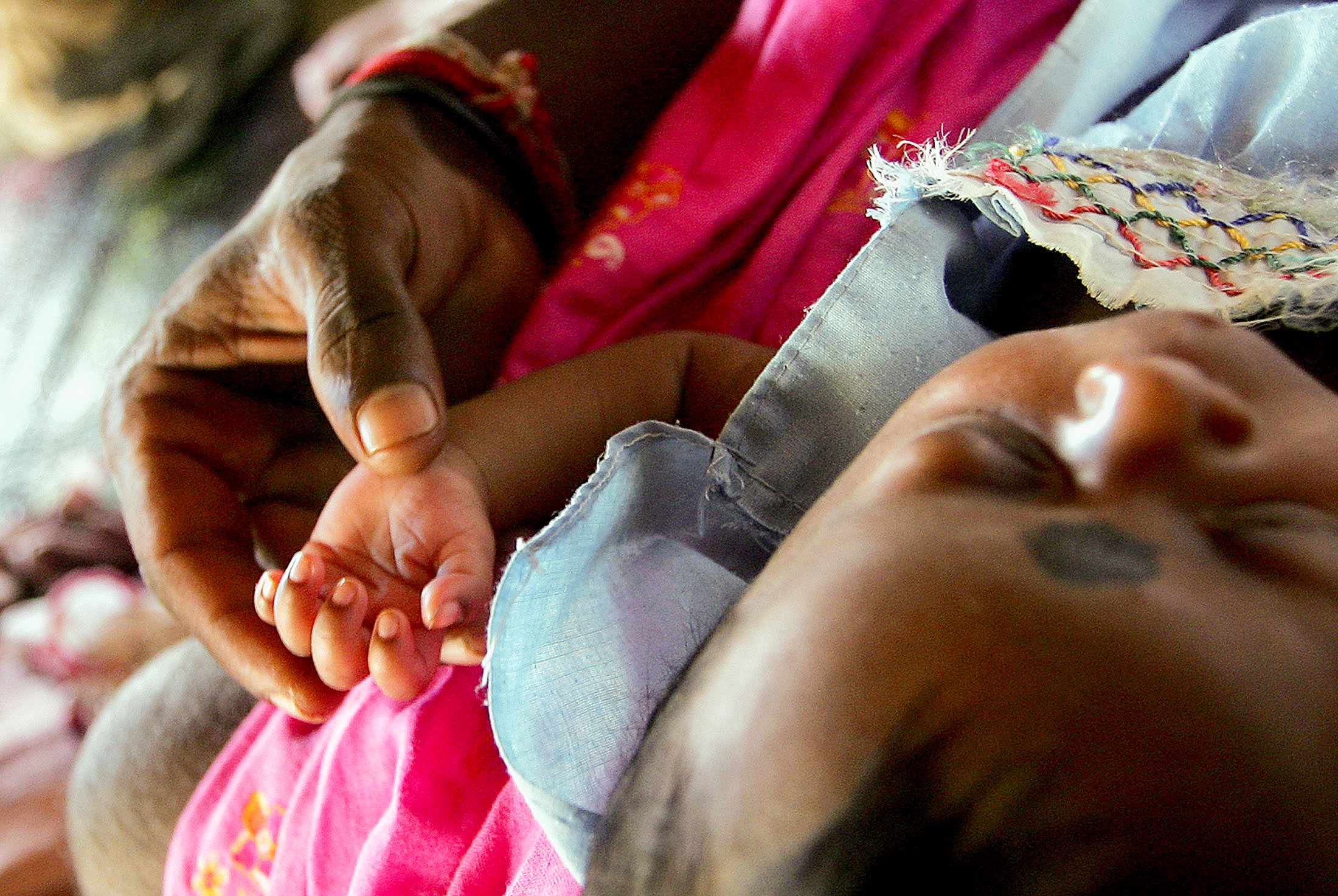
They were deprived of their roots in Sri Lanka, but they never felt really Swiss either: a study by doctoral student Surangika Jayarathne shows for the first time the consequences for children who were adopted in Switzerland.
SWI swissinfo.ch: For your study you interviewed 12 people who were adopted as children from Sri Lanka. Was it difficult to find people willing to talk about their experience?
Surangika Jayarathne: It certainly took a lot of time and effort to locate them and then to win their trust. In the end I was able to have very intimate discussions with these people. The foundation Back to the Roots Switzerland, which advocates for the rights of Sri Lankan adoptees in Switzerland, was of great help.
SWI: Many of the interviewees had similar experiences as children growing up in their Swiss families. What did their adoptive parents tell them about Sri Lanka?
S.J.: The parents said Sri Lanka was a beautiful country, where poverty and war reigned and women had fewer rights than men. The children were told that they came from underprivileged families who had not been able to provide for them. In this way Swiss parents tried to rationalise the adoption. They told their children that in Switzerland opportunities for education, food security and shelter were better. They probably meant well, but these statements were not always true.

SWI: What were the consequences of this?
S.J.: Many of the children came to imagine Sri Lanka as an uncivilised country where there was no respect for women. These stories had a profound effect on their development. They were grateful to their white adoptive parents and thought of themselves as having been “rescued”. The feelings of gratitude inhibited them from asking any questions about their own biological parents or their place of birth. So their whole connection to their origins and cultural heritage was compromised, as was their right to access information about these things. The feeling of gratitude made them grow up very obedient to their adoptive parents. As teenagers, they suppressed many feelings and could not really be themselves.
In 2020 the Zurich University of Applied Sciences ZHAW published a study that had been commissioned by the federal government, under the title Analysis of adoptions from Sri LankaExternal link. The findings showed that government authorities were informed about child trafficking in Sri Lanka yet did not halt any adoptions or insist on complete identity documentation for the children.
Canton St Gallen has reviewed all adoptions from Sri Lanka for 1973-2002 and has found that none of them could be said to be strictly legalExternal link. The federal government is now assisting adoptees to find their originsExternal link through an association called “Back to the Roots”.
SWI: What expectations did the parents have of their adoptive children?
S.J.: Expectations were high. The adoptive parents wanted the children to integrate completely into Swiss culture and society. They expected their children to do well at school and make use of the opportunities Switzerland afforded them. Some parents wished for the Sri Lankan origin of the children to be secondary. At the same time, adoptive parents themselves felt under pressure. Society expected them to take excellent care of their adoptive children.
SWI: Were the children able to meet these high expectations?
S.J.: To some extent they could never achieve what their parents wanted of them: to be integrated completely into Swiss culture as if they had been born here, while achieving good results at school. Some were better at dealing with this pressure, but I think there was always a feeling that they were never enough – that they needed to earn their place in the family and could lose it again if they didn’t behave.
In addition, the children had no way to express their feelings. All the people I interviewed said they were grateful to their parents but they never had the chance to develop their own personality and identity as they would have wished.
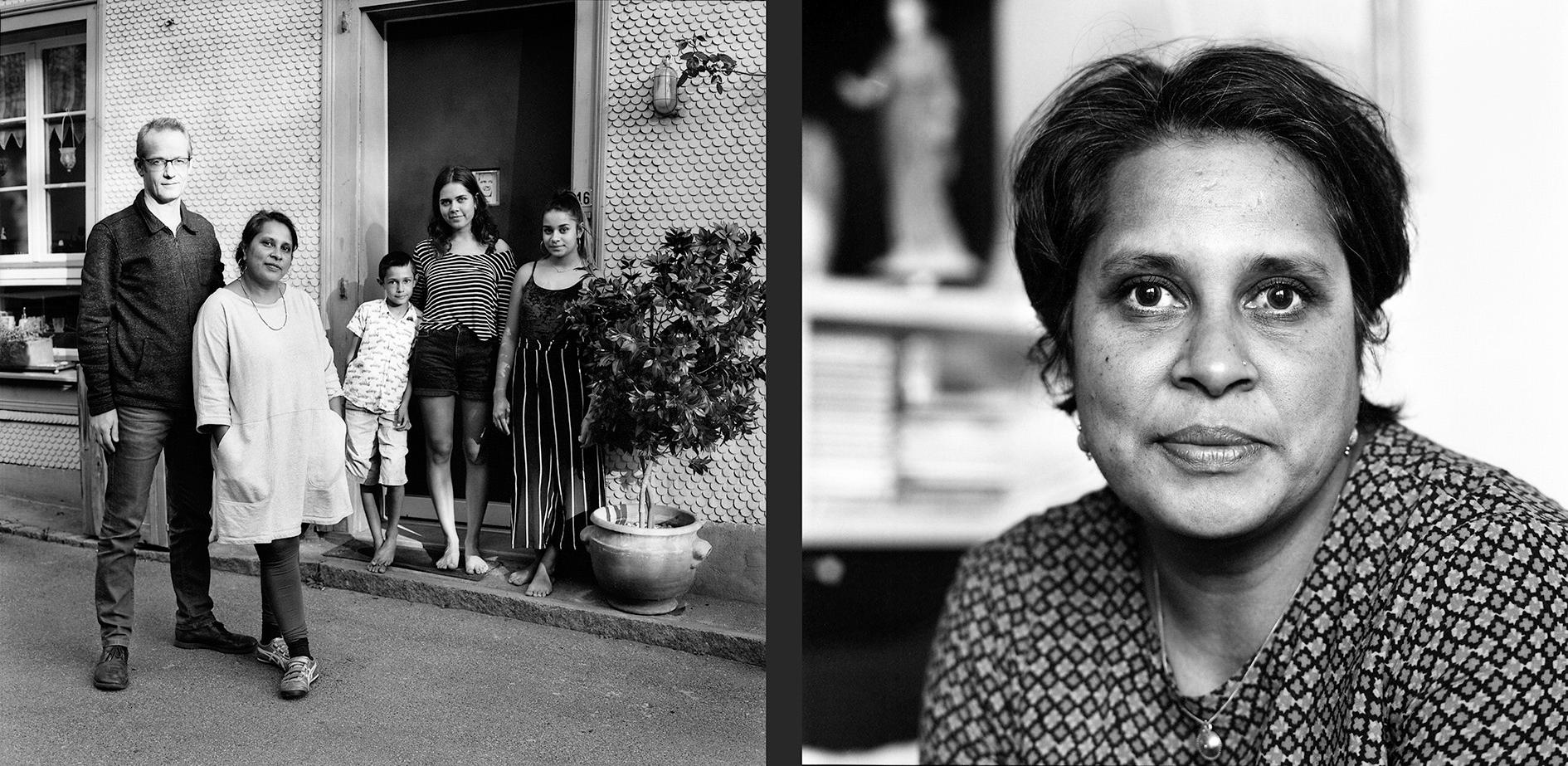
More
Sri Lankan adoption scheme: questionable but not illegal
SWI: What was it like to grow up under these conditions?
S.J.: It was difficult for many of them to grow up like this. In school they often had no friends, or no way to relate to their contemporaries. Because they looked different they were often discriminated against and excluded, even when they spoke fluent German or French.
They repeatedly had to explain why they looked different from their white parents and how they were adopted, thus devaluing their position in the family and in society. Even today, many of the adoptees have trouble forming friendships or romantic relationships. As adults, they get pigeon-holed as “immigrants” and discriminated against in the workplace or in public.
However, I have spoken to some people who were happy that they had been adopted in Switzerland. They have come to terms with their own adoption history and have no desire to go back to Sri Lanka to seek out their birth parents and family. They are happy in their lives here in Switzerland and feel complete with their Swiss adoptive parents, their partners and their own children.
It is important to understand that adopted children did not see themselves as victims in all situations. In spite of all the challenges they faced, they had the opportunity and the power to choose their path in life and pursue their own goals.
SWI: The adoptees were caught between two cultures and don’t really belong to either. When they went to Sri Lanka to find their roots, some felt completely disoriented.
S.J.: Many adoptees never felt fully Swiss. Sometimes they hoped to belong in Sri Lanka, but the feeling never came when they were there. Some experienced deep trauma as a result of their Sri Lanka trip, when they discovered they had been adopted illegally. Many of those are now in therapy.
For some, it meant a full-blown identity crisis. One woman adopted from Sri Lanka had used her original name from there in Switzerland, assuming that her birth mother had chosen it for her. In Sri Lanka she found out that her papers were all forgeries and that the name had just been copied from another birth certificate. Her whole identity collapsed. In my study sample, only two out of 12 people were lucky enough to find their biological parents.
In spite of this disappointment in not being able to find their birth parents, numerous adoptees continue to travel with their families to Sri Lanka every year to experience the beauty of the land and its culture.
Surangika Jayarathne is a graduate student in social and cultural geography at the University of Bern. Her doctoral research takes in transnational child adoptions in South Asia, children’s geography and feminist geography. Jayarathne herself grew up in Sri Lanka. She can be contacted at surangika.karandanalekamlage@unibe.ch

SWI: Your study also considers these adoptions from a postcolonial perspective. Switzerland never colonised other countries, but it was nevertheless able to benefit from colonialist structures in adoptions.
S.J.: Absolutely. Adoptive parents from Switzerland were perceived as socially and economically superior as a result of the colonial heritage of Western domination. This perception also had its effect on the adopted children.
Even the dealings with the authorities at the time of the adoptions reveal the imbalance of power between the two countries. In earlier reports it has been stated that the Sri Lankan children came to Switzerland first as foster children and only after two years could they be adopted under the law here. The Swiss officials often did not do their duty. In many cases they neglected to do the prescribed checking after the two-year period had elapsed. There is also evidence that the Swiss embassy in Sri Lanka informed the Swiss government that illegal adoptions were going on between the two countries. Yet the Swiss government ignored this.
SWI: Several of the adoptees from Sri Lanka have children of their own now. Has that helped them to put down fresh roots?
S.J.: Yes and no. Some of the women told me they felt fine about their adoption history until they were mothers themselves. When they gave birth to a child, they suddenly realised how their own biological mother must have felt having to give up her child. Motherhood spurred them to look for their own mothers.
In some cases adult adoptees tried to pass on cultural values from Sri Lanka to their own children – for example cooking, or learning the language – and they visit Sri Lanka regularly. Many of the interviewees are learning Sinhalese to have a connection to their country of origin.
Many of the people in my study are single, though, and find it hard to establish relationships. It just means more suffering. But everyone I spoke to felt the pain of not knowing their biological parents, or not knowing whether they are alive or dead. These wounds do not heal.
SWI: You talk of a cultural sensitivity which is necessary so that adopted children are not robbed of their identity. What should that look like?
S.J.: I have a problem with transnational adoption in general, because it cuts off roots and tries to give the children new roots, which costs a great deal of time and effort and in the long run has negative consequences, as my study shows.
In my view, transnational adoption should be discontinued. But if it does happen, it should be in the form of open adoption, where the biological parents and the adoptive family remain in contact. In this way adoptive children would at least have the chance to develop an awareness of their own roots.
Edited by Marc Leutenegger. Translated from German by Terence MacNamee/ts
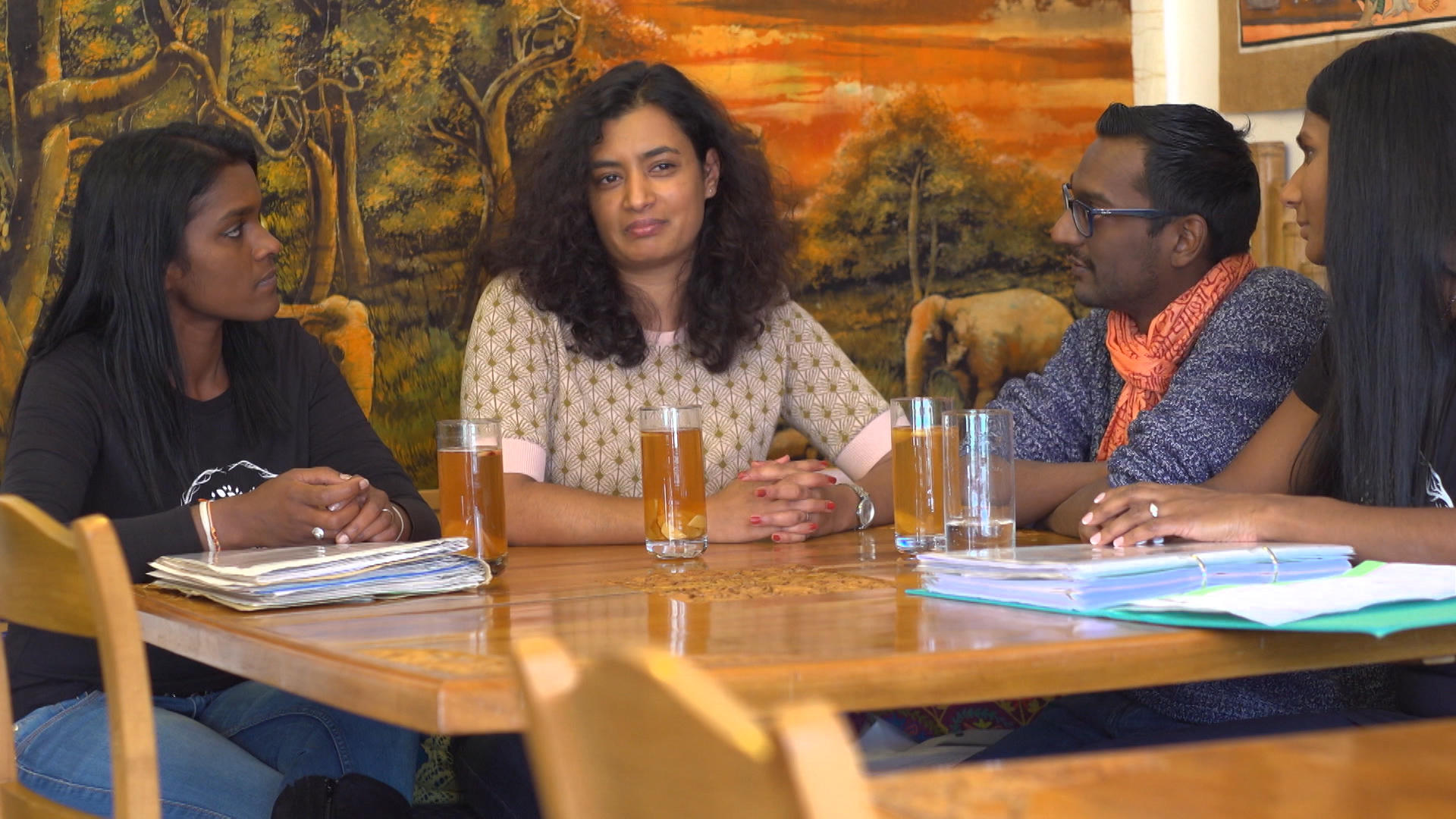
More
Who are we?

In compliance with the JTI standards
More: SWI swissinfo.ch certified by the Journalism Trust Initiative
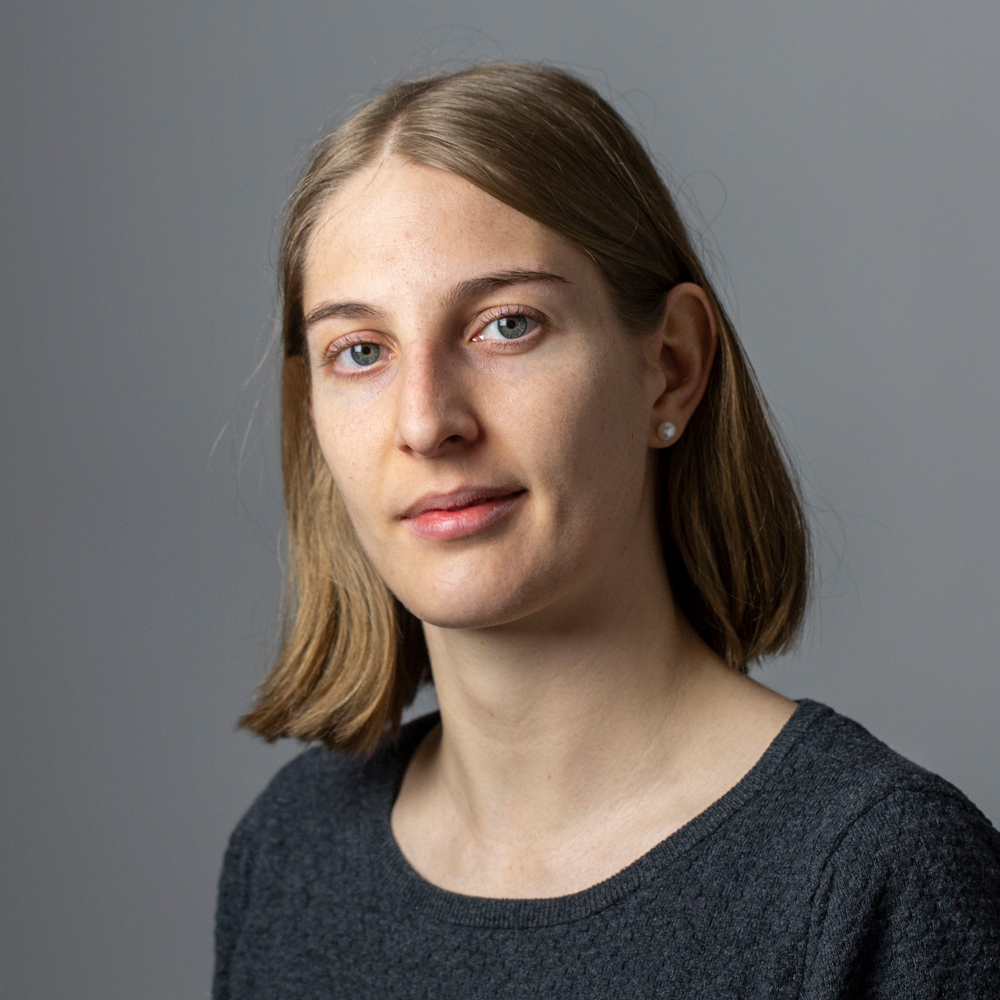
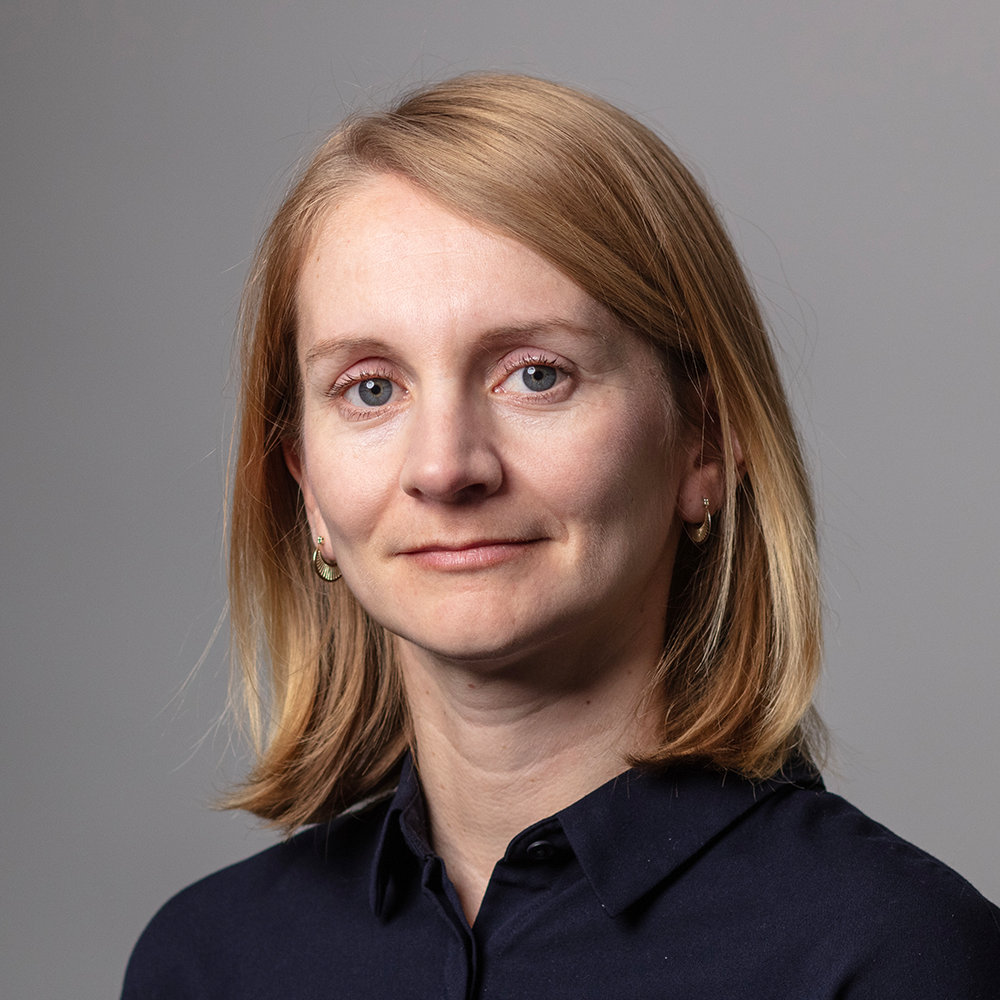








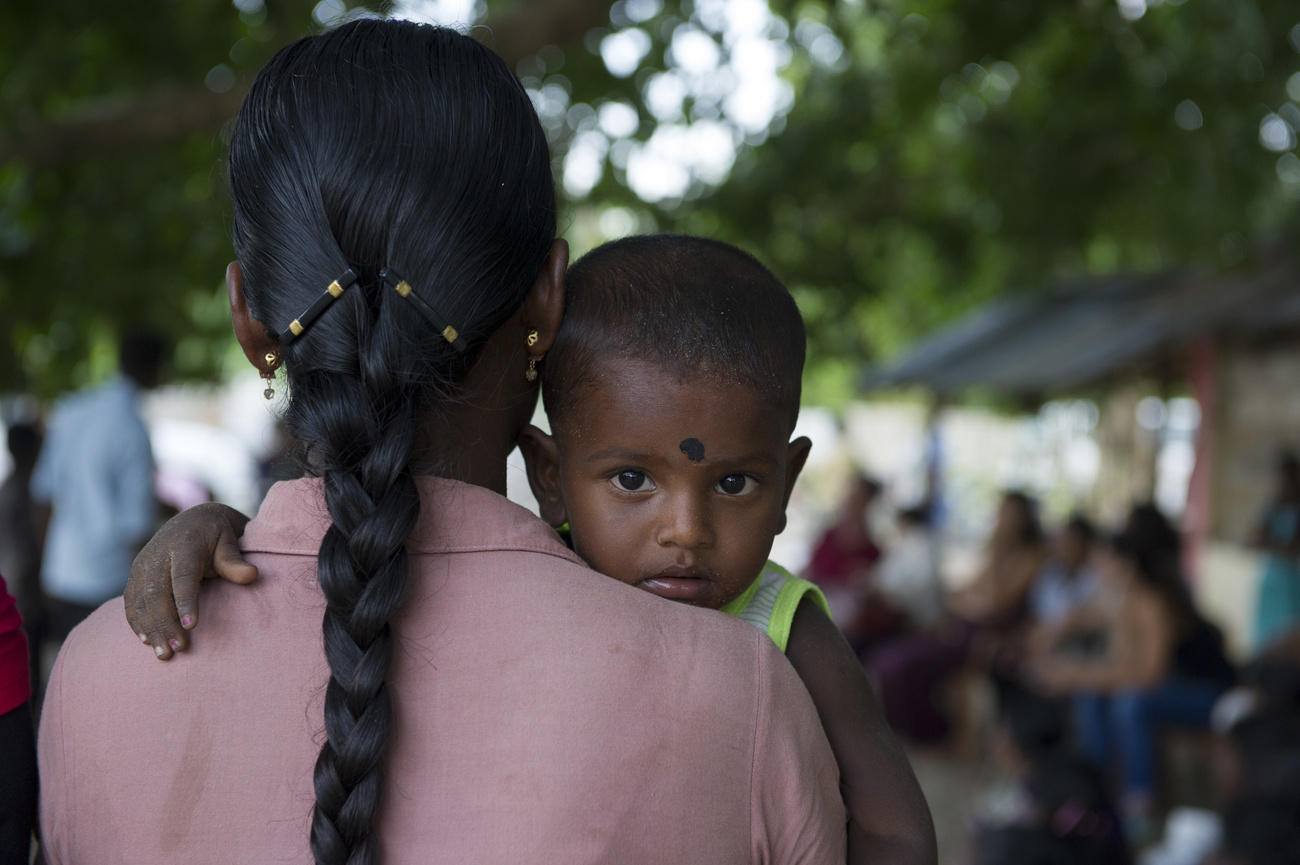
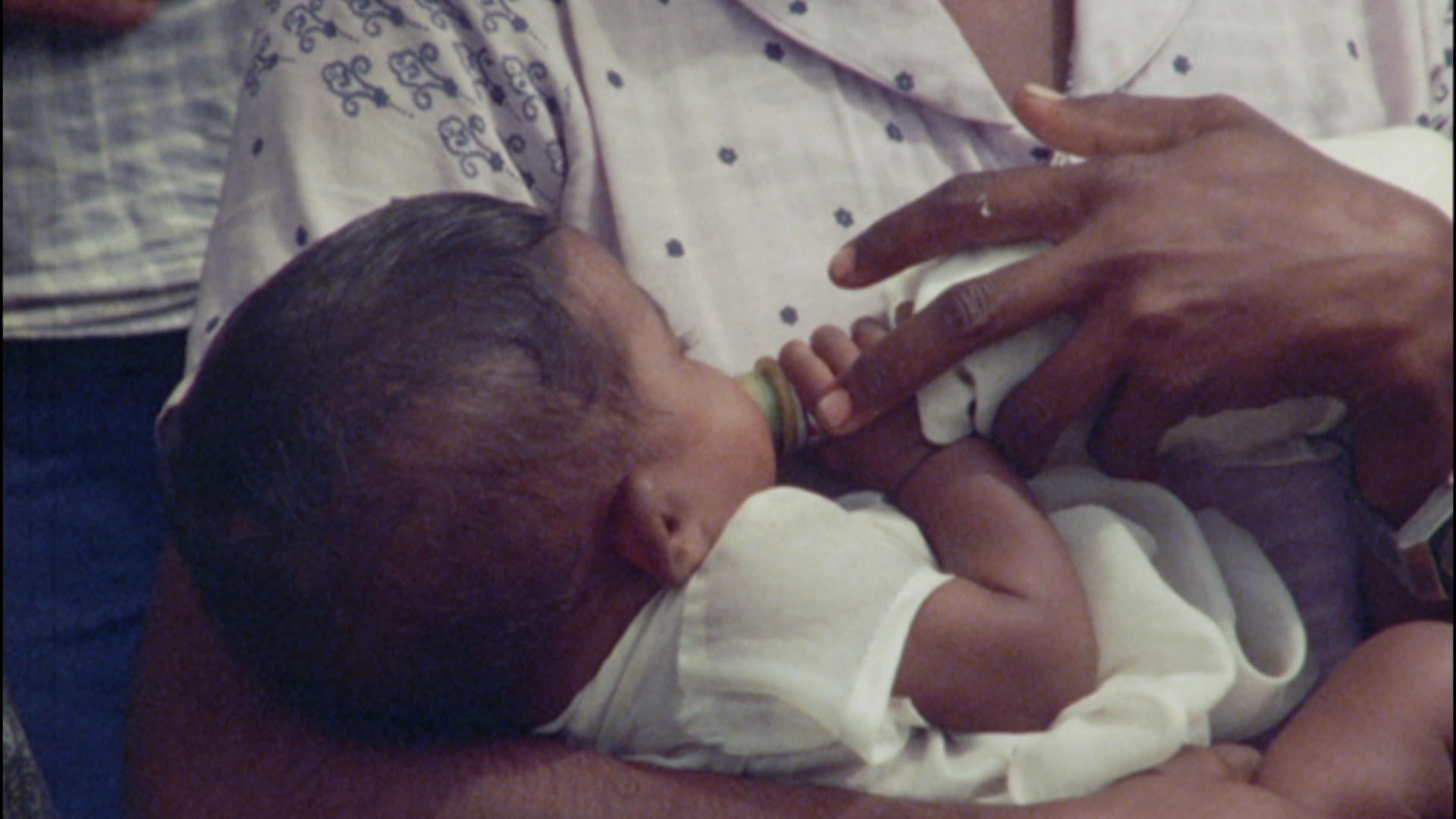
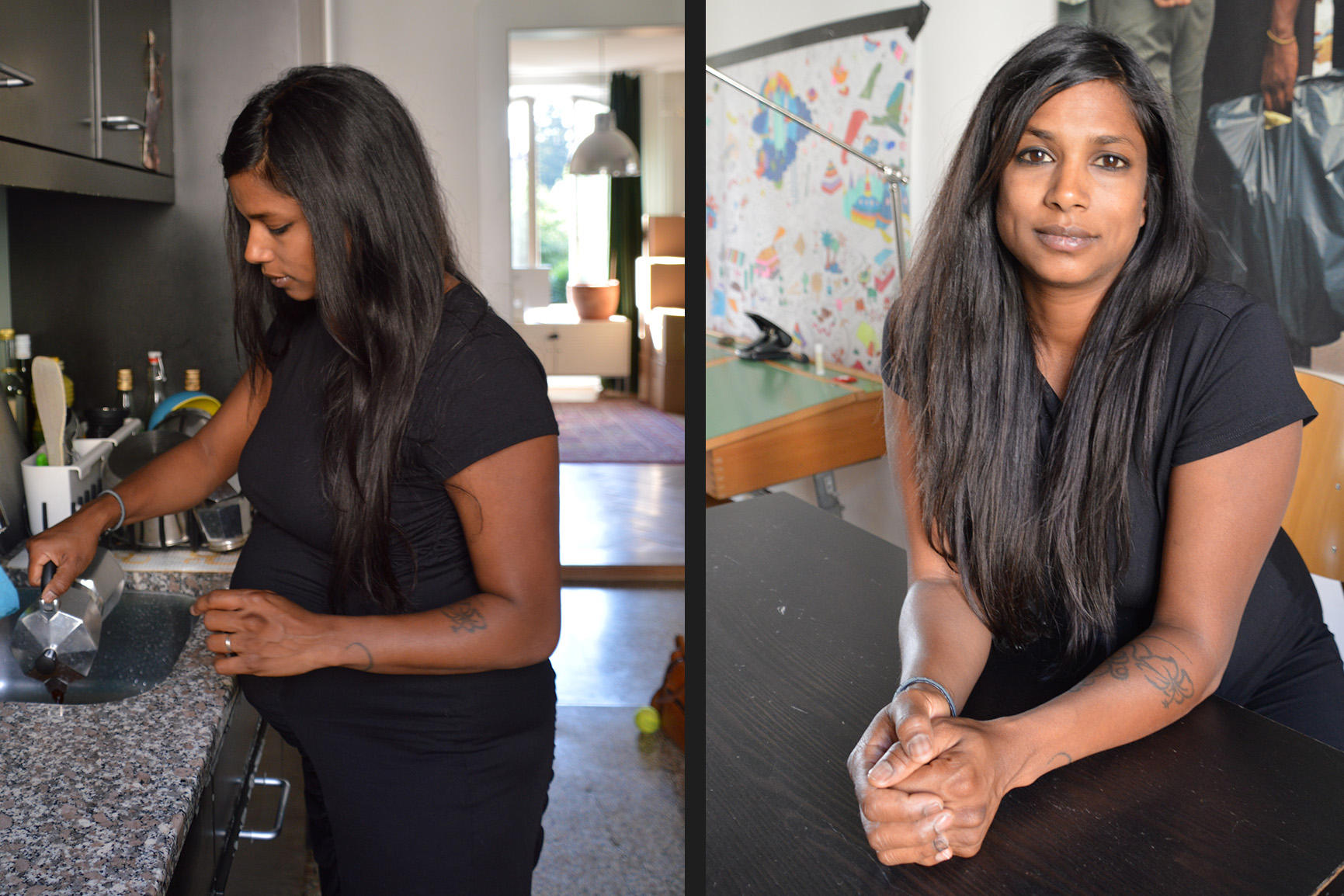
You can find an overview of ongoing debates with our journalists here . Please join us!
If you want to start a conversation about a topic raised in this article or want to report factual errors, email us at english@swissinfo.ch.